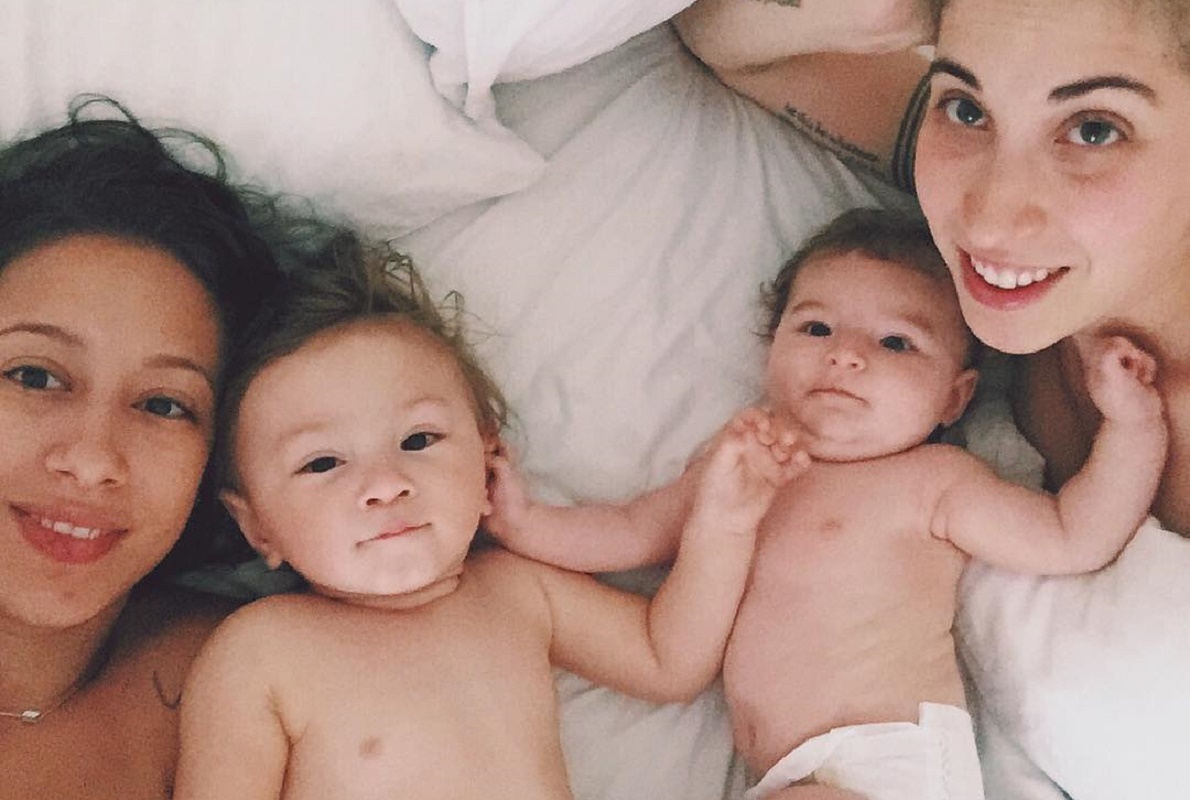The House Appropriations Committee on Wednesday passed an amendment allowing taxpayer-funded adoption agencies to deny LGBTQ families the ability to adopt a child based on religious objection.
The amendment appears on a funding bill for the Departments of Labor, Health and Human Services, and Education. If it remains in the final bill, the amendment would cut 15% of federal adoption funding to states and localities that penalize adoption agencies that refuse to place children in families that conflict with the agency’s “sincerely held religious beliefs or convictions.”
The amendment also bars the federal government from refusing to work with adoption agencies that discriminate.
The vote in the committee was 29-23, along party lines, with Rep. Scott Taylor (R-VA) the lone Republican to vote against the amendment.
“House Republicans are pandering to their far-right base at the expense of LGBTQ people and children in need of a home,” said Democratic National Committee (DNC) LGBTQ Media Director Lucas Acosta.

“Rather than focusing on empowering families or uniting children with their parents, Republicans on the House Appropriations Committee voted to give child welfare agencies a license to discriminate against qualified potential parents.”
Acosta added, “Across the country, LGBTQ candidates are running for office and taking a stand against the Trump-GOP agenda, which seeks to roll back the progress we have made. In November, voters will stand together in the face of this bigotry and hate and elect Democrats up and down the ticket.”
In addition to LGBTQ people and same-sex couples, the amendment would also impact interfaith couples, single parents, married couples in which one prospective parent has previously been divorced, or other qualified parents to whom an agency could have an objection.
A big barrier to placing children with families is a lack of qualified prospective parents; having the government give contractors and subcontractors a license to discriminate, thereby limiting the pool of prospective parents for no legitimate reason, is unconscionable and an unacceptable use of taxpayer dollars.
“Any Member of Congress who supports this amendment is clearly stating that it is more important to them to discriminate than it is to find loving homes for children in need,” said David Stacy, director of government affairs at the Human Rights Campaign.
“Congress should be focusing on ways to help children in the child welfare system find homes rather than creating needless obstacles for prospective parents, effectively shrinking the pool of qualified folks who want to provide children with a loving home. HRC urges Congress to reject this discriminatory amendment in the final appropriations bill.”
HRC recently released a report, Disregarding the Best Interest of the Child: License to Discriminate In Child Welfare Services, detailing the harm of efforts to write anti-LGBTQ discrimination by child welfare agencies into law. Statistics suggest that an estimated two million LGBTQ adults in the U.S. are interested in adoption, but the LGBTQ community often remains an untapped resource when it comes to finding families for children and youth in foster care.

“Taxpayer dollars should never be used to promote discrimination against any American, LGBTQ or otherwise,” said Kasey Suffredini, president of strategy at Freedom for All Americans.
“It’s shocking to see some lawmakers willing to hurt not only LGBTQ Americans, but vulnerable children waiting for forever homes. This is just the latest example that discrimination against LGBTQ Americans is real, urgent and a detriment to all Americans – and should be cured by federal, comprehensive protections as soon as possible.”
Nine states already have laws on the books that allow child welfare agencies receiving taxpayer funding to discriminate against LGBTQ youth and families – Alabama, Kansas, Michigan, Mississippi, North Dakota, Oklahoma, South Dakota, Texas, and Virginia. Five of those bills have passed in the last two years. According to data from the Family Equality Council’s Every Child Deserves a Family campaign, more than 21,000 youth were awaiting adoption in these states.




0 comments:
Please leave a comment